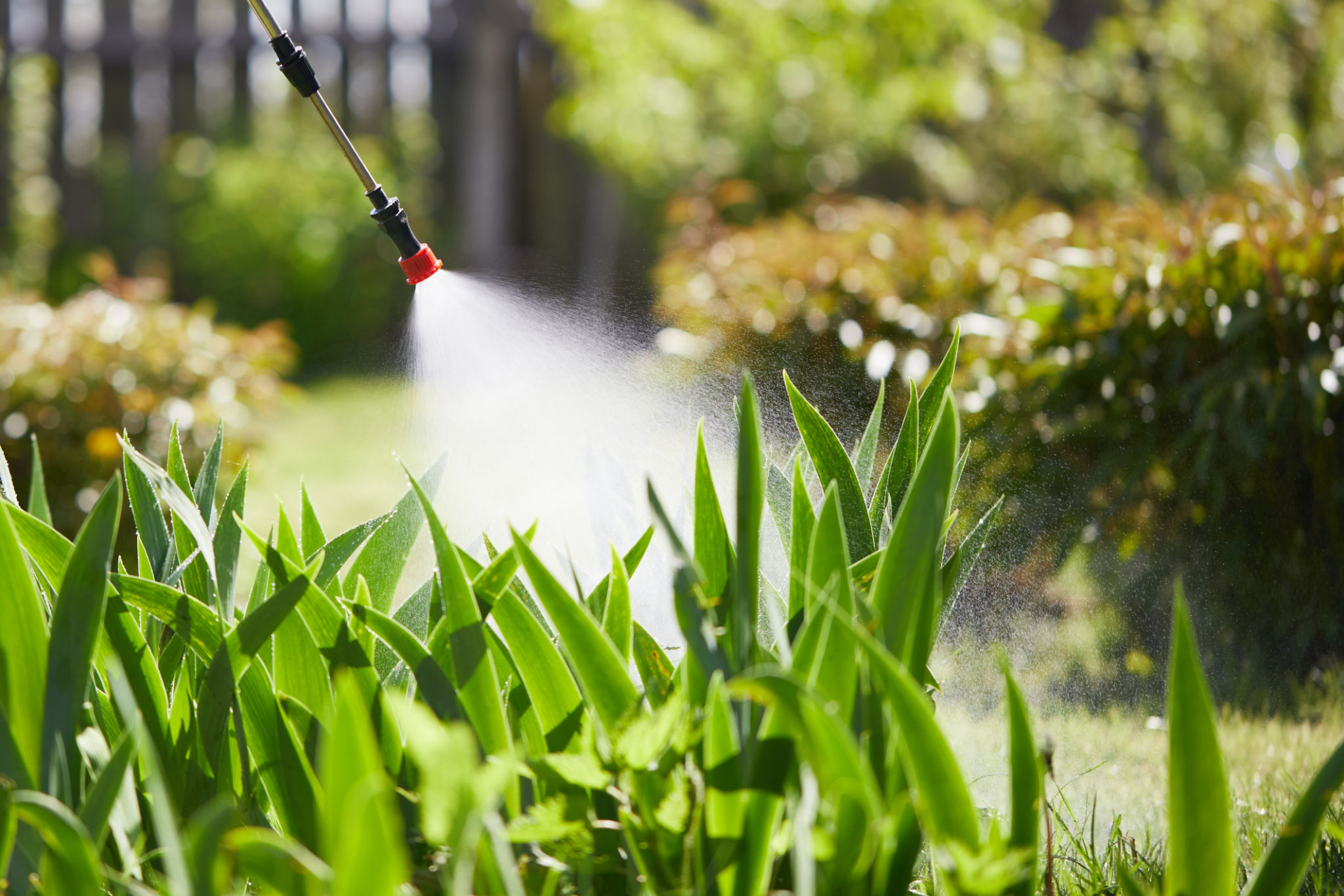Debunking Common Myths about Pest Control in Canberra Gardens
CM
Understanding Pest Control in Canberra Gardens
When it comes to maintaining a healthy garden in Canberra, pest control is an essential practice. However, many myths surround this topic, leading to confusion and sometimes ineffective pest management strategies. In this blog post, we aim to debunk some of the most common pest control myths to help you manage your garden more effectively.

Myth 1: All Bugs Are Bad
One of the most pervasive myths is that all insects are harmful to gardens. In reality, many insects play a crucial role in maintaining a balanced ecosystem. Beneficial insects such as ladybugs, predatory beetles, and certain types of wasps can help control pest populations naturally. It's essential to identify which bugs are beneficial and which are harmful to your plants.
By understanding the role of different insects, you can better protect your garden by encouraging the presence of beneficial species. This may involve planting specific flowers or reducing the use of broad-spectrum insecticides that can harm these helpful creatures.
Myth 2: Chemical Pesticides Are Always Necessary
Another common misconception is that chemical pesticides are the only effective solution for pest problems. While they can be useful in some situations, over-reliance on chemicals can harm the environment and potentially affect human health. Moreover, pests can develop resistance to these chemicals over time.
Integrated pest management (IPM) is an approach that combines different strategies for long-term pest control. This includes cultural practices, biological controls, and mechanical methods. By using IPM, gardeners can effectively manage pests while minimizing the negative impact on the environment.

Myth 3: Organic Means Pest-Free
Many gardeners believe that switching to organic gardening methods will automatically eliminate pest issues. While organic practices are beneficial for the environment and can improve soil health, they do not guarantee a pest-free garden. Organic gardens still require diligent pest management strategies.
Utilizing organic pest control methods, such as neem oil or diatomaceous earth, can effectively reduce pest populations without harming beneficial insects. However, consistent monitoring and intervention are necessary to maintain a healthy garden.
Myth 4: DIY Solutions Are Ineffective
Some gardeners assume that homemade pest control solutions are not as effective as commercial products. However, many DIY remedies can successfully deter pests when used correctly. Solutions such as garlic spray, soap-based insecticides, and homemade traps can be useful tools in your pest control arsenal.

It's important to research and test these methods on a small area before applying them extensively. Additionally, understanding the specific needs and challenges of your garden will help you tailor these solutions for maximum effectiveness.
Conclusion
Debunking these common myths about pest control can empower Canberra gardeners to make informed decisions about managing their gardens. By understanding the role of beneficial insects, considering alternatives to chemical pesticides, and exploring effective DIY solutions, you can cultivate a thriving garden that is both beautiful and environmentally responsible.
Remember that successful pest control requires a balanced approach and ongoing commitment to monitoring and adjusting your strategies as needed. With this knowledge, you can enjoy a healthy and vibrant garden year-round.
